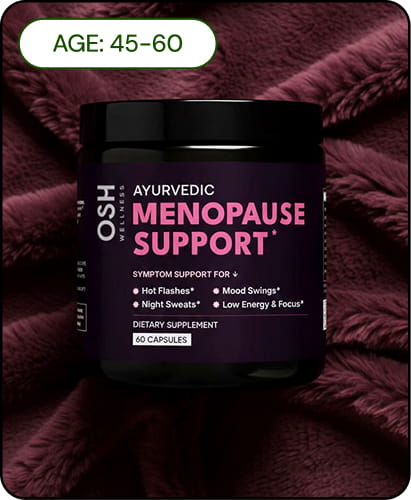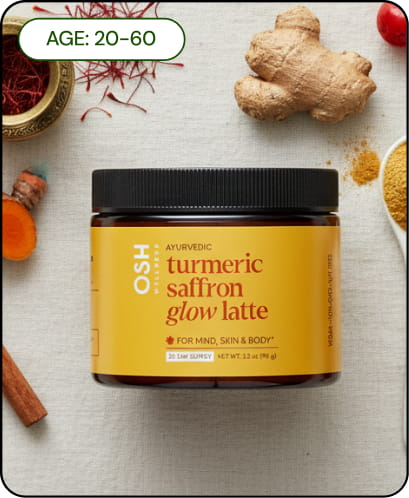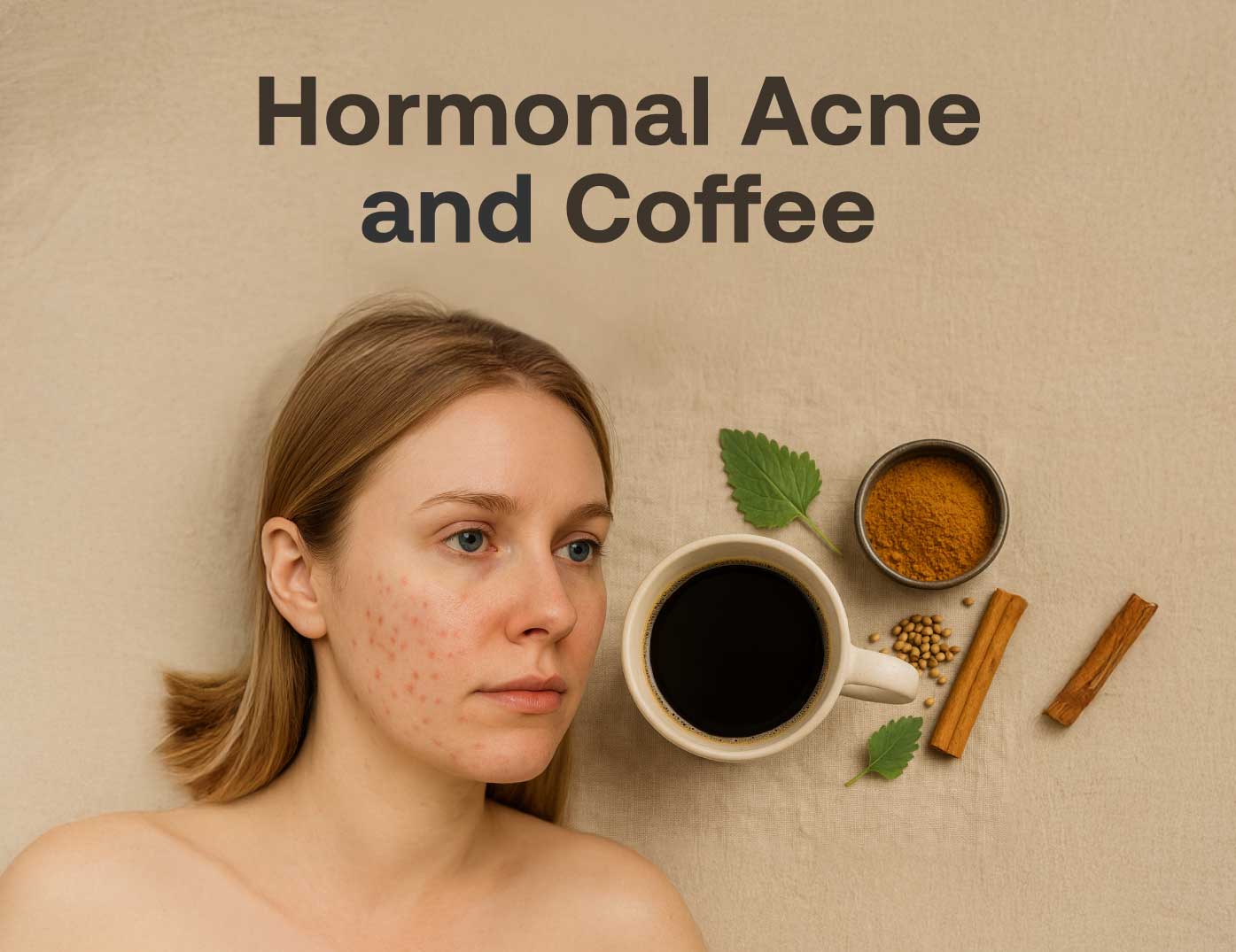Table of contents
Hormonal acne is a common concern for many young women, particularly those between the ages of 20 and 35. As awareness rises regarding its connection to hormonal imbalances, dietary habits, especially coffee consumption, are being examined more closely. This article explores the Ayurvedic understanding of how such dietary choices can impact hormonal health and contribute to the development of acne. It offers holistic strategies rooted in ancient wisdom for managing this condition effectively.
Introduction to Hormonal Acne

Hormonal acne often emerges due to fluctuations in hormones like androgens and insulin, typically affecting women aged 20 to 35. These fluctuations may coincide with menstrual cycles or conditions such as polycystic ovarian syndrome (PCOS), leading to recurring breakouts, especially around the chin and jawline. Beyond physical symptoms, hormonal acne can significantly impact self-esteem and mental health, motivating many to seek long-term, holistic solutions [1].
As societal perspectives evolve, many women now seek integrative and natural treatment strategies instead of relying solely on conventional approaches. Current trends highlight the importance of managing internal drivers such as stress and hormonal disturbances for clear, sustainable skin health [2].
Ayurveda provides insights through its philosophies, addressing both body and mind. It recognizes imbalances in the Pitta dosha as a root cause of inflammatory skin conditions. Treatment involves balancing internal systems via dietary adjustments, lifestyle changes, and the use of herbs like Neem, Turmeric, and Ashwagandha for stress modulation and hormonal stability [3].
This ancient paradigm continues to gain traction as more women choose natural therapies that respect the cyclical and complex nature of their health [4].
The Basics of Hormonal Imbalance

Ayurveda interprets acne under the umbrella of internal imbalances involving the Tridosha system. Known as Yuvanpidika or Mukhadushika, acne is often attributed to disturbed Pitta and Kapha doshas, which drive inflammation and excessive oil production, respectively. Elevated Vata may disrupt healing mechanisms and skin moisture, worsening acne symptoms [5] .
This understanding is distinct from modern endocrinology but parallels it philosophically. For instance, events such as puberty, menstruation, or chronic stress are seen not just as external triggers but as disruptions of inherent doshic balance [6] .
To restore equilibrium, Ayurveda recommends:
Personalized diets based on dosha constitution
Detoxification techniques like Raktashodhana (blood purification)
Use of healing herbs such as Neem (antibacterial), Turmeric (anti-inflammatory), and Triphala (digestive health) [7]
By approaching skin health through this interconnected framework, Ayurveda presents timeless strategies to harmonize internal systems and prevent recurring acne outbreaks.
The Connection Between Coffee and Skin Health

From an Ayurvedic perspective, coffee possesses hot, dry, and light qualities, aggravating Pitta and Vata doshas . For Pitta-dominant individuals, coffee heightens body heat, sparking inflammation, restlessness, and digestive upset. Vata-prone individuals may experience increased dryness and nervous energy [8] .
Scientific research reinforces these traditional insights. Studies reveal that coffee elevates cortisol, the body’s primary stress hormone. Persistently high cortisol levels can disturb hormonal equilibrium and lead to skin issues, including acne [9] . Furthermore, caffeine may influence DHEA production, a hormone tied to sebum output and breakouts [10] .
To avoid imbalance, Ayurveda suggests the following:
Limit coffee to one serving per day , especially for Pitta and Vata types
Use cooling additions like almond milk or cardamom in coffee
Consider herbal alternatives that pacify excess Pitta [11]
This balanced approach allows individuals to enjoy beverages mindfully while protecting hormonal and skin health.
Ayurvedic Solutions for Hormonal Acne

Ayurveda offers comprehensive solutions centered on restoring doshic balance rather than merely targeting symptoms. Two key herbs highlighted for hormonal acne are Ashwagandha and Shatavari.
Ashwagandha (Withania somnifera) is renowned for its adaptogenic properties. It reduces stress-induced cortisol spikes that can lead to elevated oil production and breakouts—especially common in conditions like PCOS [1] .
Shatavari (Asparagus racemosus) supports female reproductive health by balancing estrogen and progesterone. Its effect on hormonal stability makes it particularly useful for women dealing with cyclical acne and menstrual irregularities [2] .
Additional strategies include:
Consuming cooling foods (e.g., leafy greens, cucumbers, pomegranates)
Practicing consistent sleep and stress-relieving techniques like yoga
Customizing treatments with the guidance of a certified Ayurvedic practitioner to select herbs and dietary plans suited for individual constitutions [3]
Implementing Change: Real-world Applications

Real-life examples demonstrate the success of Ayurvedic regimens in treating hormonal acne. A 24-year-old woman with chronic acne reported significant improvement after using Ras Manikya and Varnya Gana Lepa formulations. Post-treatment, her lesions reduced notably without side effects [12] .
In another case, a 21-year-old female experienced a dramatic reduction in acne after following a personalized internal and external Ayurvedic plan [13] . These success stories underline the importance of individualized care rooted in Ayurvedic diagnostics.
Recommendations for daily application include:
Shifting to warm, seasonal, cooked meals
Including anti-inflammatory spices like turmeric and cumin
Practicing daily yoga, meditation, or pranayama
Integrating Ashwagandha and Shatavari into daily wellness routines [14]
These practices not only target acne but contribute to broader systemic balance, supporting long-term health for women navigating hormonal changes.
Relevant Products
To complement Ayurvedic practices, consider incorporating Osh Wellness Cycle Care, which is formulated with Ayurvedic botanicals known to support hormonal balance. It may offer additional reinforcement alongside personalized Ayurvedic routines.
Conclusions

Hormonal acne is a complex issue involving factors such as hormonal imbalances, dietary habits, and stress. From the standpoint of Ayurveda, coffee can play a significant role in aggravating internal heat and stress responses, thereby worsening acne symptoms. Through balancing internal systems with personalized herbal regimens, nutrition, and mindful living, women can regain control over their skin and overall well-being.
FAQs
What are the signs of hormonal acne?
Hormonal acne typically appears around the chin and jawline and is often cyclical, correlating with the menstrual cycle.
How does coffee specifically affect hormonal balance?
Coffee is linked to higher cortisol levels and may disturb hormones like DHEA and androgens, both associated with acne development.
Can Ayurveda completely cure hormonal acne?
Ayurveda aims to restore systemic balance, which may significantly reduce or eliminate acne, but results vary based on individual constitution and consistency.
What dietary changes can be made to support skin health?
Favor warm, cooked, Pitta-pacifying foods; avoid hot, spicy, and oily items; include detoxifying herbs like Neem and Triphala.
Are there alternative beverages to consider instead of coffee?
Yes, consider herbal teas like licorice, tulsi, or chamomile, which calm the nervous system and balance doshas.
Sources
1: Sanjeevanam - How to Treat Hormonal Acne Naturally with Ayurveda
2: Hindustan Times - Say Goodbye to PCOS Breakouts with Ayurveda
3: Vedix - Hormonal Acne Treatment
4: Samwarthika - Navigating Hormonal Acne with Ayurvedic Management
5: Indian Journal of Plastic Surgery - Ayurveda And Acne Treatment: A Comprehensive Review
6: Journal of Ayurveda and Integrative Medicine - Ayurvedic Management of Acne Vulgaris
7: Sen Wellness Sanctuary - Ayurveda for Acne
8: Purusha Ayurveda - Why Reducing Coffee Intake is Vital According to Ayurveda
9: LifeSpa - Coffee: The Good, the Bad, and the Ayurvedic Perspective
10: The Ayurveda Experience - How to Know if Coffee is Good for You as per Your Dosha
11: Kripalu - Five Ayurvedic Rules for Coffee Drinkers
13: Journal of Ayurveda and Integrated Medical Sciences - Comprehensive Review of Acne Management







